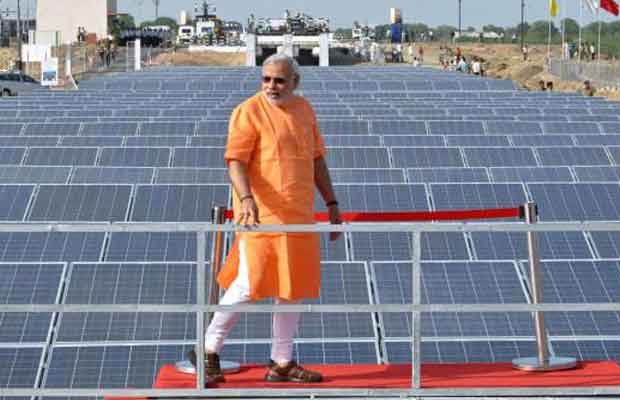
India Leads Global Transition to Renewable Energy, Says US Ambassador » Capital News
March 29 – US Ambassador to India, Eric Garcetti, hailed India’s remarkable progress in adopting renewable energy during an event on Wednesday. He emphasized the need for stronger collaboration between New Delhi and Washington to combat climate change effectively.
Garcetti underscored the significance of deploying clean energy to foster sustainable economic growth and safeguard vulnerable communities. He highlighted the pivotal role of both India and the United States in addressing climate challenges, emphasizing their strong bilateral relationship.
Speaking at the inaugural session of the US-India Forum on Decarbonising Pathways, Garcetti emphasized the urgency of addressing climate change for the sake of future generations. He praised India for surpassing global benchmarks in renewable energy adoption.
The ambassador also expressed the US mission’s commitment to fostering partnerships at the state and local levels in India to promote sustainable development. He stressed the importance of engaging with local governments to facilitate the transition to green energy effectively.
Drawing from his experience as the former mayor of Los Angeles, Garcetti shared insights into successful initiatives that utilized advanced technology to optimize energy production and reduce reliance on fossil fuels. He highlighted the role of innovative solutions such as solar, hydro, and battery storage in ensuring a reliable and sustainable energy supply.
Garcetti also reflected on the importance of education and awareness in addressing climate change, citing the influence of visionary figures like Wallace Broecker, who predicted global warming. He expressed hope for a future where humanity takes decisive action to mitigate carbon emissions and combat climate change effectively.
In conclusion, the US ambassador reiterated the critical need for deploying clean energy solutions in a reliable, affordable, and predictable manner to support sustainable economic growth and protect vulnerable communities.
